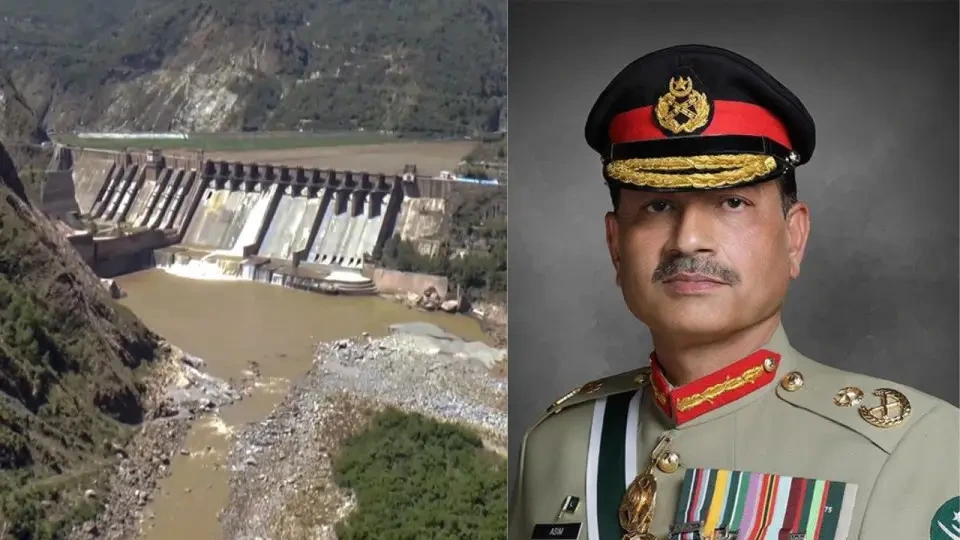We are a nuclear nation. If we think we are going down, we’ll take half the world down with us,” said Pakistan’s Army Chief Asim Munir, who is attending an event in Tampa, Florida, this is his second visit to the US in two months. Munir openly warned of a nuclear war if they face an existential threat from India in future.
First-of-a-kind nuclear threat was given from US soil by Pakistan during a dinner gathering hosted by Consul for Tampa, Adnan Asad.
Regarding the Indus Waters Treaty, Munir even threatened to immediately destroy any infrastructure built by India on the water channels, he said, “Pakistan has no dearth of missiles”.
He shared that post the Pahalgam attack the Indus Waters Treaty went into abeyance leading to 250 million people at starvation risk. “We will wait for India to build a dam, and when it does so, phir das missile se faarigh kar denge… The Indus River is not the Indians’ family property. Humein missiles ki kami nahin hai, al-hamdulillah,” Munir quoted.
Munir was earlier invited to White House by US President Trump and this is his second visit. Reiterating his proposal of recommending Trump’s name for the Nobel Prize, he appreciated his peace-making efforts.
In the event attended by Munir, 120 other Pakistani-origin Florida residents attended, and Israel Defence Forces also joined the function.
As per sources, Munir during the event, spoke on the recent military conflict between India and questioned, “Why is India not sharing details of losses that happened to them in four-day war.”
“The Indians should accept their losses… Sportsman spirit is a virtue,” he said.
Sharing a note, Munir read, “Ek tweet karwaya tha with Surah Fil and a picture of (the industrialist) Mukesh Ambani to show them what we will do the next time.” Surah Al-Fil, also known as “The Elephant,” is the 105th chapter of the Quran, which describes how Allah sent birds to drop stones on an enemy’s battle elephants and reduced them to “chewed-up straw”.
In an interview, Munir said, “We will start from the East where India’s most valuable resource is stored and move westwards.”


